
The Ultimate Guide to Expat Life in Berlin: Housing, Work, and Living Costs
Berlin is a vibrant, multicultural city that attracts expats from around the world. Here's what you need to know about living in Germany's capital.
Best Neighborhoods for Expats
- Mitte: Central location with art, culture, and large parks like Tiergarten and Monbijoupark. Expect high rental prices.
- Prenzlauer Berg: Family-friendly area with pre-war buildings, cafes, and playgrounds. Popular but expensive.
- Friedrichshain: Trendy district featuring the East Side Gallery, parks, bars, and clubs including Berghain.
- Kreuzberg: Known for nightlife, diverse dining options, green spaces, and wellness studios.
- Neukölln: Multicultural neighborhood popular with students, artists, and creative professionals.
Education System
Berlin offers excellent higher education opportunities through prestigious institutions:
- Free University of Berlin: Among Germany's 20 largest universities
- Technical University of Berlin: Leading technical institution
- Humboldt University: Berlin's oldest and largest university
Living Without German
While many Berliners speak English, especially in startup and tourist areas, learning basic German will significantly improve your experience. The city's international character makes it possible to get by with English initially.
Healthcare System
Germany provides universal healthcare through public and private insurance options. Residents must have health insurance, with public insurance (gesetzliche Krankenversicherung) being the most common choice.
Cost of Living
Berlin remains relatively affordable compared to other major European capitals, though prices are rising. Housing costs vary significantly by neighborhood, with central areas commanding premium rates.
Working as an Expat
Berlin's startup scene and international companies offer numerous opportunities for English-speaking professionals. EU citizens can work without restrictions, while non-EU citizens typically need appropriate visas and work permits.
Transportation
The city boasts an extensive public transportation network including:
- U-Bahn (subway)
- S-Bahn (urban rail)
- Trams
- Buses
- Extensive cycling infrastructure
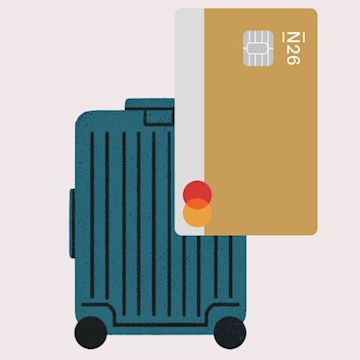
N26 You Card upgrade offer screen
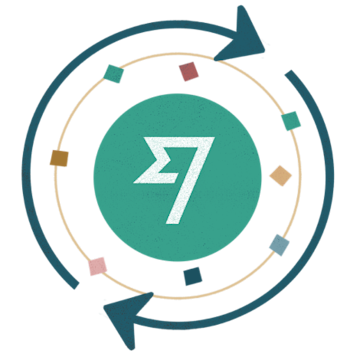
Wise logo with green circular arrows
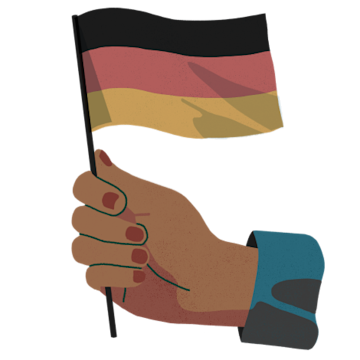
German flag in motion
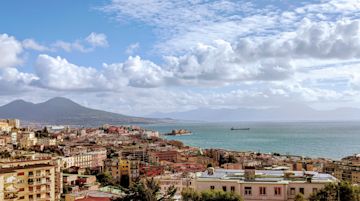
Naples and Vesuvius on the horizon
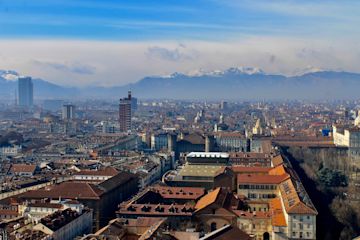
Aerial view of Turin

Milan Cathedral at dusk
Related Articles

Comprehensive Guide: Moving to Hamburg - Housing, Employment, and Life in Germany
